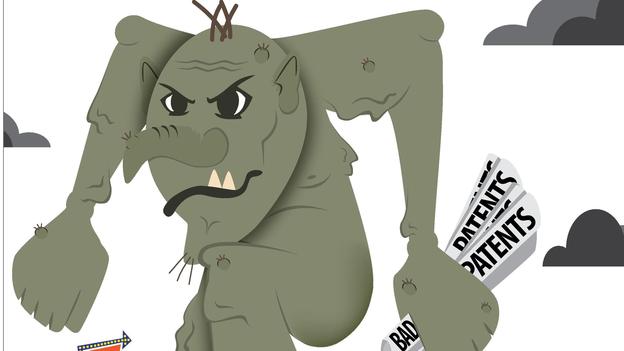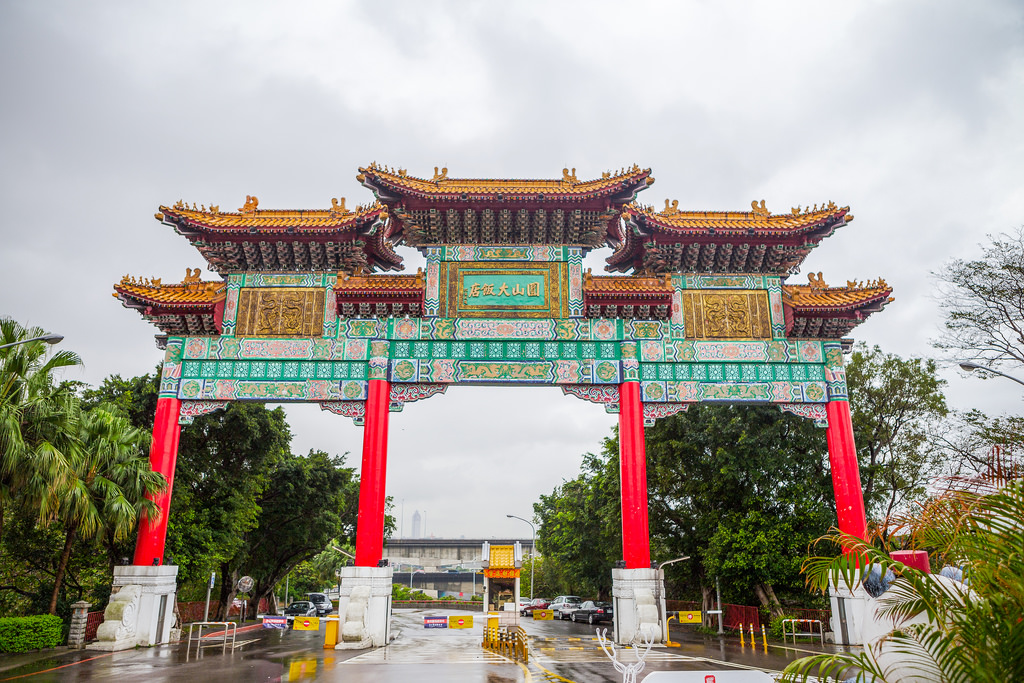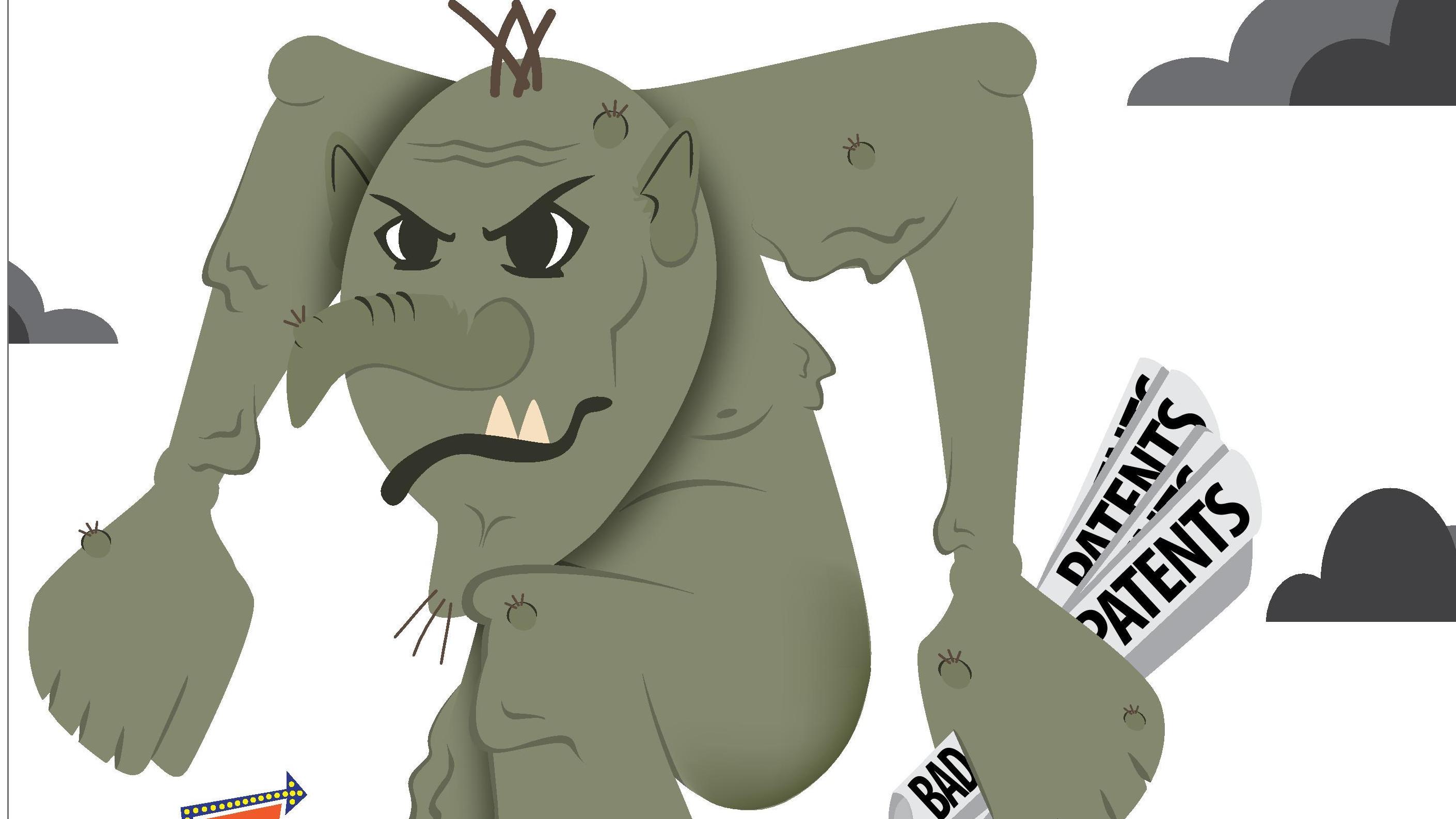
Recent years have seen an increased interest in litigation by “patent assertion entities” or PAEs, colloquially referred to as “patent trolls” or “non-practicing entities.” In 2010 alone, US businesses found themselves the targets of lawsuits initiated by patent trolls over 2,600 times, representing a five-fold increase since 2004. Furthermore, according to one estimate, PAEs generated $29 billion in direct costs from defendants in 2011, a 400% increase since 2005. As demonstrated, the practice of ‘trolling’ innovators can be a lucrative business model. Nevertheless, it is also one that stifles innovation and has caught the attention of the US Government.
A new report on patent litigation in the US indicated that of the 6,088 patent lawsuits filed in 2013, the majority came from a very small number of companies.
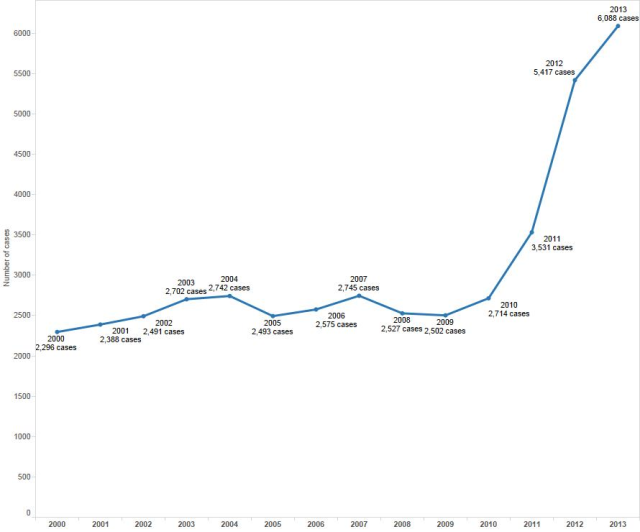
In an effort to curb increasing patent litigation, President Obama signed the Leahy-Smith America Invents Act on Sept. 16, 2011. Unfortunately, the Act did little to prevent the activities of PAEs, evidenced by the fact that the largest PAE, ArrivalStar/Melvino Technologies, filed 137 lawsuits in 2013 alone. ArrivalStar/Melvino’s victims included American Millennium Corporation, a wireless asset tracking company that accused ArrivalStar/Melvino of “trying to extort a licence fee.” The biggest targets, however, included Apple Inc., Amazon, AT&T, Google, Dell, HTC, Samsung, Microsoft, LG and HP.
Typically speaking, PAEs usually fall into two separate categories. Firstly, many PAEs are innovators who have tried to bring their innovations into the marketplace but failed. Due to the fact that they were the original developers of the technology, they seek adequate compensation for their efforts. Secondly, a large number of PAEs are patent investors who seek to profit from price differentials.
The PAE business model operates by asserting patents against companies that have already begun using them, often after developing them independently while unaware of the PAE patent. Upon noticing potential patent infringement, PAEs employ aggressive litigation tactics, often by threatening innovators with infringement notices and urging them to settle out of court. Unfortunately for technology firms, this particular business model is a highly effective one. As stated by Matthew Tanielian, executive director of the Coalition for patent Fairness, “A patent troll has very low costs of entry and no downside. It doesn’t cost them a lot to file a lawsuit. They don’t have any documents or paper to be discovered.”
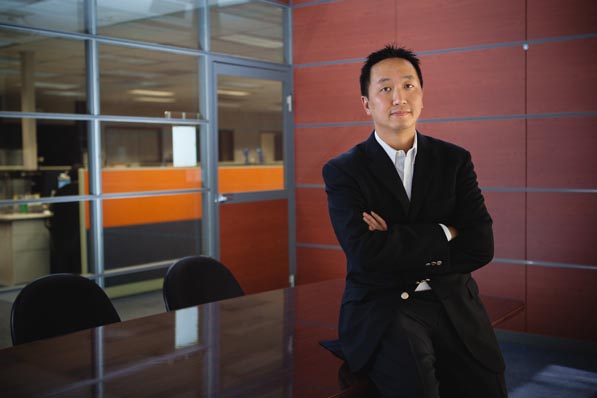
Nevertheless, this is not to say that the tactics used by PAEs cannot be thwarted. The online computer hardware and software retailer “Newegg” recently proved in court that PAEs are not as untouchable as once thought. In 2011, the patent troll MacroSolve Inc. filed several lawsuits against more than 75 companies (including Newegg), alleging that these companies had infringed upon US Patent 7,822,816. In their lawsuits, MacroSolve had claimed that anyone who distributes electronic forms over the internet or to mobile devices and collects/reviews the responses is liable for patent infringement.
According to Newegg Chief Legal Officer Lee Cheng, MacroSolve was able to “extort over $4M from over 60 defendants” by getting them to settle for amounts ranging between $50,000-100,000.” In order to defeat MacroSolve, Cheng and his advisors took advantage of the fact that it was not highly capitalized, having only $800,000 on hand and burning through $50,000/month in litigation-related payments. By urging fellow defendants not to settle, Cheng was able to force MacroSolve to dismiss its lawsuit and will be seeking compensation for legal costs.
In an effort to prevent patent conflicts such as this, intellectual property and reform advocates in the US Congress have been attempting to advance legislation designed to crack down on PAEs. Although progress regarding this matter was expected to be made in the near future, hopes were dashed when Senator Patrick Leahy, chairman of the judiciary committee, stated that he was taking the “Patent Transparency and Improvements Act” off the agenda. It is widely held that Leahy was pressured to do so by Senate Majority Leader Harry Reid, whose top political donors include lawyers and law firms that were staunchly opposed to the bill. It is speculated that Reid was the main factor in the bill’s defeat, and warned Leahy that it would never pass the full Senate.
Unless a similar bill can be passed without being defeated by lobbyists and special interest groups, patent trolls will remain a problem for the foreseeable future. Perhaps one answer would be to force PAEs to pay for defendant’s legal fees if they lose. In doing so, targets of patent infringement notices would be able to continue legal proceedings without being forced to settle prematurely. Regrettably, a solution such as this has yet to materialize. Patent trolls can be discouraged, however, by companies banding together and refusing to settle out of court. If more companies followed this tactic, the main revenue source for PAE litigation would quickly disappear. In other words, the solution is simple: don’t feed the trolls.

